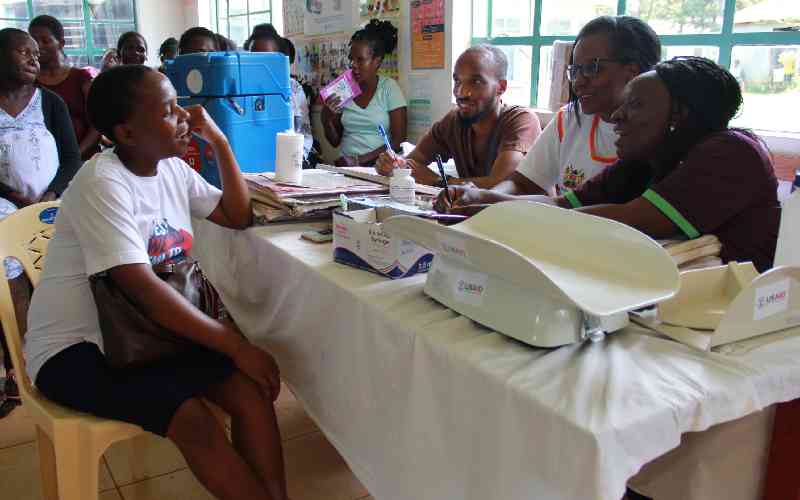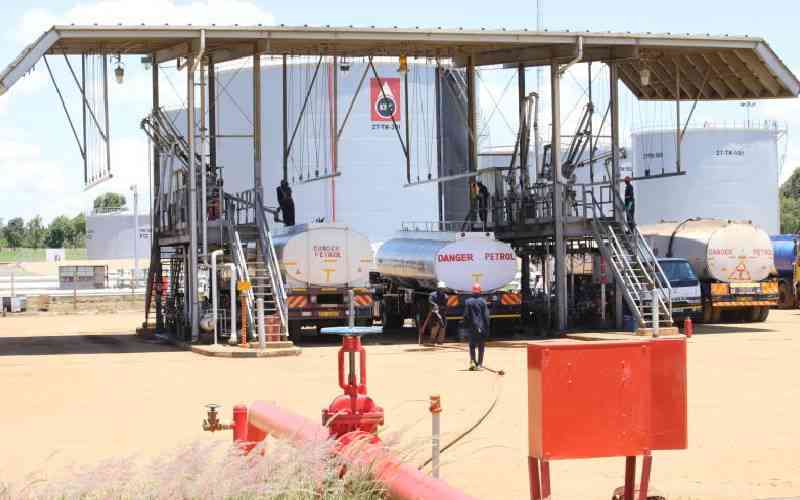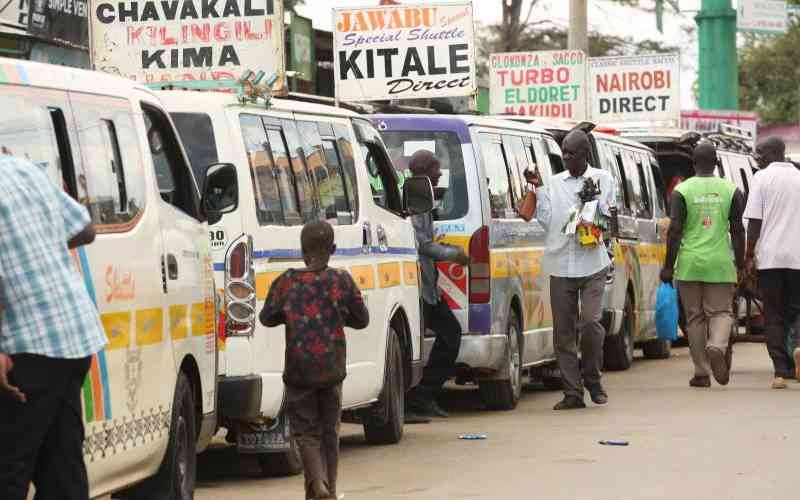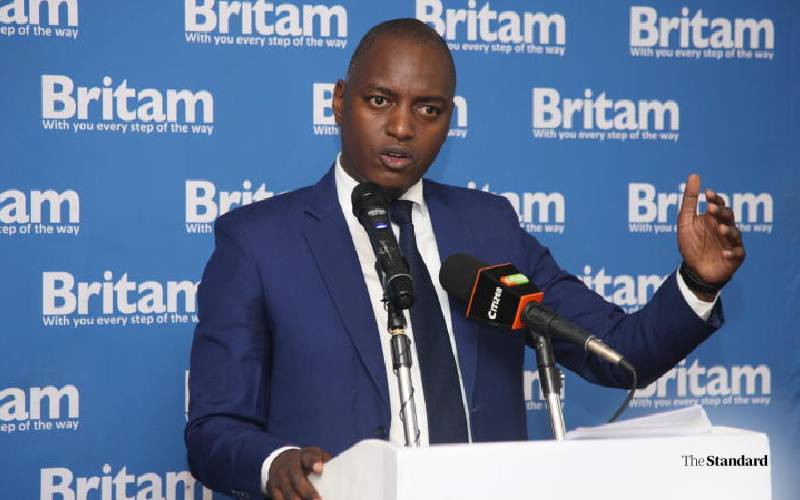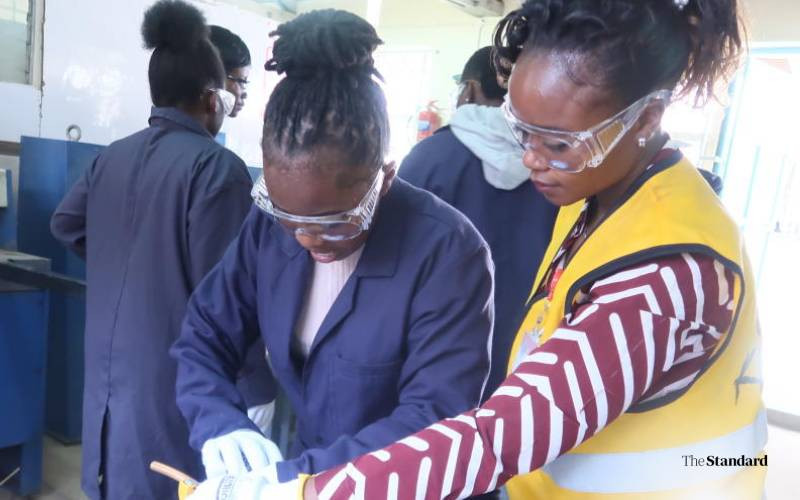
Digital connectivity has been integral to growing our economy, especially since the inception of mobile money transfers in Kenya more than a decade ago.
The benefits of this growth are evident today. According to the Central Bank of Kenya, in 2023, Kenyans conducted mobile money transactions totalling Sh7.95 trillion. These significant financial activities persisted despite high inflation and living costs, highlighting the crucial role of mobile money in economic development and improving livelihoods.
None of this would be possible without network connectivity, which is essential for mobile money transfers and other mobile data-related activities, such as internet use. Areas with limited or no network coverage miss out on the full benefits of digital inclusivity.
Digital inclusion involves providing equitable and meaningful access to digital technologies, services, and opportunities for everyone, regardless of their background or circumstances. Ensuring that every individual has access to digital opportunities should be our primary goal as a sector, with telecommunication companies (telcos) leading these initiatives by investing in network infrastructure to bridge the digital gap.
The Kenya National Digital Master Plan 2022-2032 outlines the digital economy’s structure around five key pillars: digital infrastructure; digital services, products and data management; digital skills; digital enterprises, innovation and businesses; policy, legal and regulatory. These pillars collectively offer affordable digital services, enhance government efficiency, foster a robust digital market, promote innovation, and develop digital skills.
Airtel Kenya is proud to actively contribute to achieving the government’s digital economy agenda through our network expansion efforts. By investing in critical infrastructure, we help ensure that all Kenyans have access to the opportunities of a digitally inclusive society.
However, as we expand network infrastructure, we must also address global challenges. Increased infrastructure requires intensive power to operate, contributing to carbon emissions. The latest 5G network technology consumes a lot of energy due to its high-frequency transmission nature. Given our continuous aggressive network expansion drive of both 4G and 5G networks, we must be wary of the effects of the high energy consumption on the environment.
Considering the high energy requirements of the 5G network, batteries are often used as power backups to ensure the equipment is operational during brownouts and to protect it from power surges. Our decarbonisation strategy aims to reduce our carbon footprint by replacing end-of-life batteries with greener lithium-ion batteries.
On combustion, diesel, a fossil fuel, releases greenhouse gases that are notorious for aggravating the climate change crisis. Progressively, telcos should switch to green energy alternatives such as solar energy in a bid to save the environment.
This approach is vital for reducing diesel consumption and embracing renewable energy, subsequently reducing carbon emissions in the sector. Ensuring continuous connectivity for customers should be a shared goal for all information and communications technology sector players. Nonetheless, we must advance digital inclusion without compromising environmental achievements, a point underscored on World Environment Day celebrated annually on June 5, which encourages awareness and action for environmental protection.
As sectors worldwide implement measures to reduce their carbon footprint, the telecommunications industry must not lag as it plays a critical role in shaping the future of sustainable development. By prioritising initiatives such as renewable energy utilisation, procuring sustainable equipment, and consumer awareness, telcos can significantly contribute to mitigating climate change while fostering a more sustainable future for all.
The writer is Airtel Kenya supply chain management director
 The Standard Group Plc is a multi-media organization with investments in media
platforms spanning newspaper print operations, television, radio broadcasting,
digital and online services. The Standard Group is recognized as a leading
multi-media house in Kenya with a key influence in matters of national and
international interest.
The Standard Group Plc is a multi-media organization with investments in media
platforms spanning newspaper print operations, television, radio broadcasting,
digital and online services. The Standard Group is recognized as a leading
multi-media house in Kenya with a key influence in matters of national and
international interest.
 The Standard Group Plc is a multi-media organization with investments in media
platforms spanning newspaper print operations, television, radio broadcasting,
digital and online services. The Standard Group is recognized as a leading
multi-media house in Kenya with a key influence in matters of national and
international interest.
The Standard Group Plc is a multi-media organization with investments in media
platforms spanning newspaper print operations, television, radio broadcasting,
digital and online services. The Standard Group is recognized as a leading
multi-media house in Kenya with a key influence in matters of national and
international interest.



